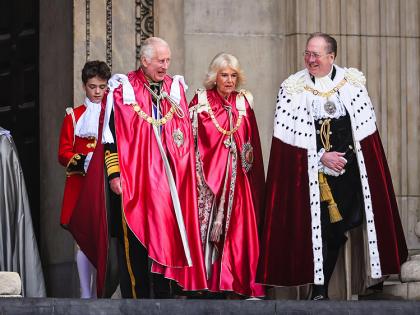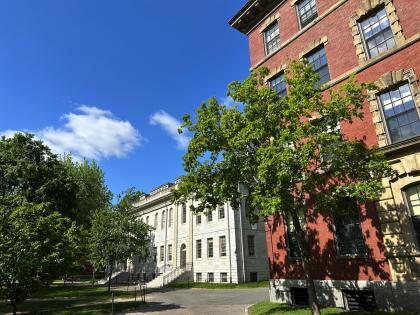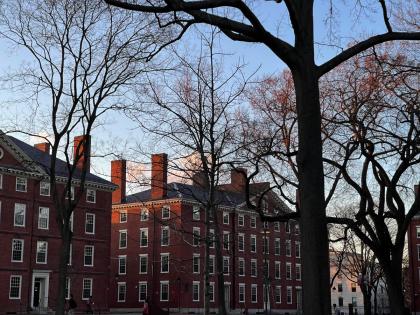How to make sense of the U.S. Supreme Court? “Judicial opinions…can defy easy comprehension,” write Loeb University Professor Laurence Tribe, who often argues cases there, and Joshua Matz, J.D. ’12, in Uncertain Justice: The Roberts Court and the Constitution (Henry Holt, $32). “It doesn’t help that in controversial cases, the Court frequently erupts in a confusing cacophony of competing writings. Nor do its opinions always offer a comprehensive and transparent view of the Court; sometimes they are downright misleading.” They attempt to deal with the uncertainties. From the prologue:
H. L. Mencken reputedly said, “For every complex problem, there is a solution that is simple, neat, and wrong.”
Understanding the Supreme Court undoubtedly qualifies as a “complex problem.” The nine justices currently issue more than 70 opinions every year, some of them thunderbolts that rock American life and others rightly destined for obscurity. With a hand in nearly every major issue of our time, from privacy and affirmative action to gun rights and health care, the Court is inescapable. Yet it is also mysterious and secretive, committed to rituals and reasoning that even experts struggle to understand. Its opinions are poked and prodded, examined under a microscope and held up to the light. The public hangs on to rumors of backroom drama, while scholars read tea leaves and prophesy the future. Clear trends predominate in certain areas of law, but efforts to develop a unified field theory of the Court…inevitably fall short. Even in this age of statistical models that seek to wring hidden meaning out of human behavior, the nine men and women who make up the Court intrigue and surprise us.…
Of course, an effort to understand the Roberts Court…must reckon with more than just its results. The Court issues opinions in which the justices grapple with fundamental principles, argue over what the Constitution means and what role they should play in giving it life, and offer signals of where they are heading. These opinions open a window into the justices’ hearts and minds, giving us a glimpse of how they view the world.…
In some important domains of constitutional law, a majority of the Roberts Court stands on the brink of revolution yet seems profoundly uncertain about whether and how to proceed. In other domains, it has already initiated major changes whose long-term effects are clouded in mystery. Some of these developments reflect a desire by the justices to remake our constitutional understanding, while others have been forced by dramatic cultural, technological, and political upheaval.








